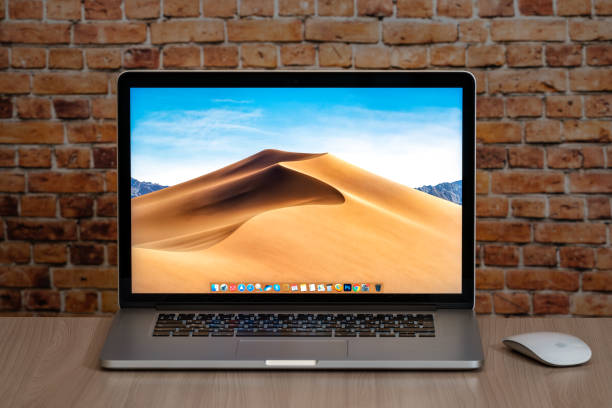
In today’s digital age, privacy is a major concern for everyone. With the increasing use of mobile devices, the need for privacy protection has become more critical than ever before. The Google Play Store is one of the most popular app stores globally, with millions of apps available for download. However, not all of these apps are created equal. While many app developers claim to prioritize user privacy, the reality is that you can’t always trust these claims. In this article, we will explore why you can’t trust app developers’ privacy claims on Google Play and how you can protect your privacy.
Why You Can’t Trust App Developers’ Privacy Claims on Google Play
Lack of regulation
Unlike traditional products, apps are not subject to the same regulatory requirements, which means that app developers have more flexibility in terms of the claims they make about their products. There is no standard for privacy protection in the app industry, and app developers are not required to disclose their privacy practices. As a result, app developers can make exaggerated or misleading privacy claims without consequence.
Misleading privacy policies
Many app developers have privacy policies that are written in a way that is intentionally confusing or misleading. They may use legal jargon or vague language to hide their data collection practices or obscure how they are using the data they collect. For example, an app may claim to only collect data for “analytical purposes,” but in reality, they may be selling your data to third-party advertisers.
Third-party trackers
App developers often use third-party trackers, which are software tools that monitor user activity and collect data. These trackers can be used for a variety of purposes, such as collecting data for targeted advertising or monitoring user behavior. While some trackers may be necessary for app functionality, many are not, and users may not be aware of their existence.
Unsecured data transmission
App developers may transmit user data over unsecured channels, which can leave it vulnerable to interception by hackers or other malicious actors. This can happen when data is transmitted over public Wi-Fi networks or when app developers do not use encryption to protect user data.
How to Protect Your Privacy on Google Play
- Research the app before downloading
Before downloading an app, take the time to research the app developer and read reviews from other users. Look for apps that have a clear and transparent privacy policy and avoid apps that use vague or confusing language to describe their data collection practices.
- Use privacy-enhancing tools
There are several tools available that can help you enhance your privacy when using apps. For example, you can use a virtual private network (VPN) to encrypt your internet traffic, or you can use an ad blocker to prevent third-party trackers from collecting data about you.
- Limit app permissions
When you download an app, it may request access to certain permissions, such as access to your contacts, camera, or microphone. Be wary of apps that request more permissions than they need and consider limiting the permissions you grant to apps.



